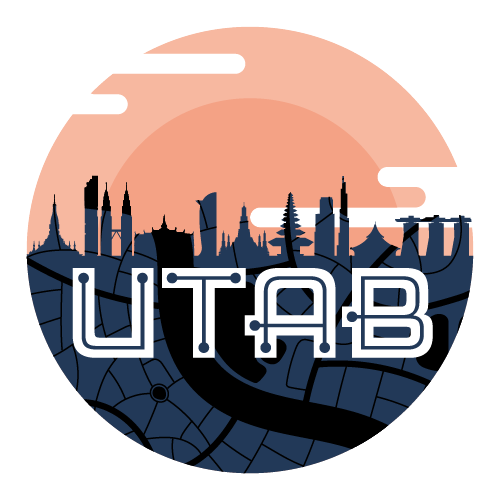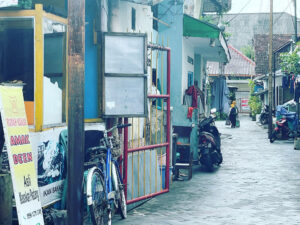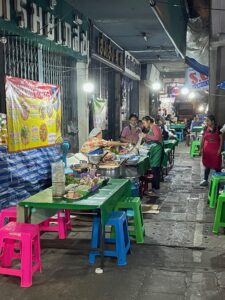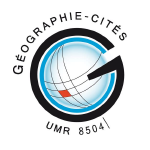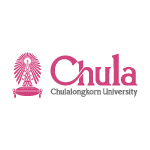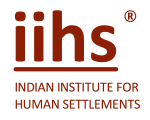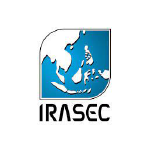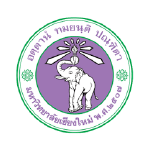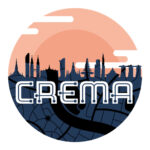During the next edition of UTAB (4th-14th June 2024), we will produce knowledge and research on the theme of the ordinary city, drawing on the case of Bangkok, the capital city of Thailand.
Urban studies have defined the ordinary city in two ways. Jennifer Robinson (2006) argued that all cities are ordinary. Henceforth, urban research shall move beyond the long-lasting focalisation on global cities and Northern metropolises (Bunnel and Maringanti, 2010) and examine urban diversity around the world. In this wake, urban studies have looked at the contextual expressions of urban modernity(-ies) in cities with secondary or subaltern status (Chen and Kanna, 2012; Qian and Tang, 2018; Mukhopadhyay, Zérah and Denis, 2020), the majority of which are located in the postcolonial world and the Global South (Legg and MacFarlane, 2008).
Another avenue of investigation on the ordinary city has drawn on research in anthropology, ethnography, and history, which has granted special attention to « local knowledge » (Geertz, 1983), the practices and places of everyday life, and the attachment of the local people for these places (Upton, 2002 ; Miae Kim, 2015). Built environments are seen as complex systems transformed by the inhabitants’ « innately familiar » (Habraken, 2000). Within this analytical framework, the ordinary city is the result of regular procedures of urban shaping that do not necessarily refer — even if they often act to — urban planning (Backouche and Montel, 2007 ; Clemençon, 2015). It is composed of « plural, articulated, and fragmented » urban tissues (Mareggi, 2011) that made the object of diffused and recurring transformations (Pareglio, 2014). It is also made of non-built spaces and everyday practices (Mareggi, 2011) that are fundamental in the construction of local identities (Lanzani, 2003 ; Byrne, 2008). Ordinary heritage takes into account the qualities of the built environments that are used as backdrop for everyday activities (Podder, Hakim et Bosu, 2018). Safeguarding the ordinary heritage implies, of course, conserving the buildings, but also and even more, transmitting the spiritual, symbolic and traditional knowledge that allow the residents to be actively engaged in its maintenance and reproduction (Appadurai, 2003 ; Byrne, 2008). Urban spaces, as ordinary heritage, are concerned by continuous and fluid transformations and negotiated spatial occupations that are sometimes ephemeral or temporary. They produce specific formulations of urban modernity that contribute to the originality of ordinary cities.
In Bangkok, we will study the ordinary city in Rattanakosin, the historical core of the royal capital founded in 1782. The monumental heritage of Rattanakosin has been extensively documented and conserved with the support of Thai authorities. Yet the « ordinary urban » of the daily life of residents, urban dwellers, and tourists remains, with few remarkable exceptions, understudied.
The young researchers who will attend UTAB 2024 will be involved in the ongoing research conducted by the Faculty of Architecture of Chulalongkorn University in cooperation with the CREMA network, which is aimed at bringing ordinary Rattanakosin into the landscape of urban knowledge.
